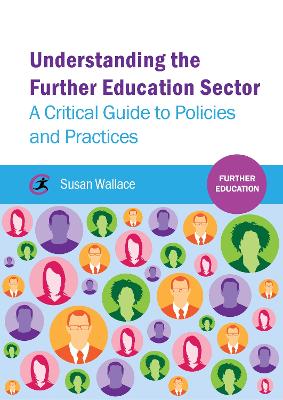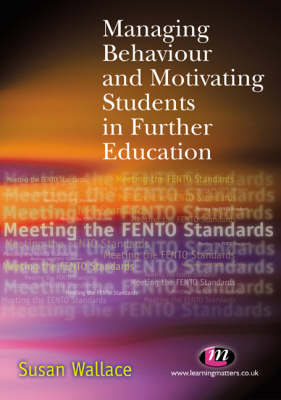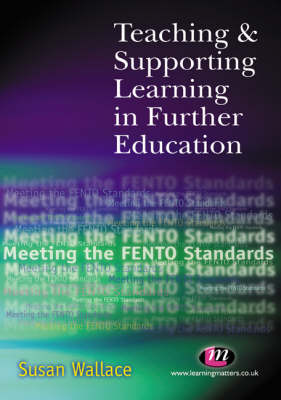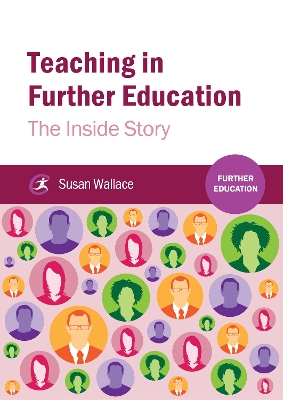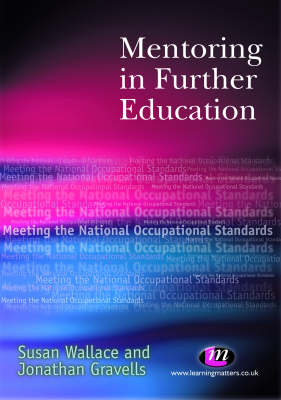Further Education
5 total works
Those working towards QTLS are required to demonstrate a critical understanding of the Further Education (FE) sector and the role of the FE practitioner. This book clearly identifies, particularly for the student teacher with no prior experience, the social, cultural and political context of the sector's beginnings and explores how this continues to shape and constrain the sector's status and purpose, and the role and status of its teachers. The text encourages critical thinking about possible routes for change and future development. As increasing numbers of QTLS students are being encouraged to gain part of their qualification at M level, the need for an accessible and critical sourcebook about the FE sector, such as this, is essential.
Managing Behaviour and Motivating Students in Further Education
by Susan Wallace
This realistic, relevant and accessible book explores the teacher's role and what makes for effective learning and teaching in the further education sector through means of a fictional approach. It provides a series of linked case study chapters, each set in the same fictional institution and each involving characters, with a range of pertinent roles, who appear and re-appear as their overall story arcs develop. Chapter aims are clearly stated and each narrative is followed by an analysis of key points through challenging critical thinking activities. The clear contextualisation of the required Standards and skills is of particular value to pre-service student teachers and those beginning their careers. The fictional approach provides a picture of working life and professional practice inside a further education institution with the flexibility to explore every topic essential to the student teacher, from professionalism, differentiation and inclusion to behaviour management and student-teacher relationships.
